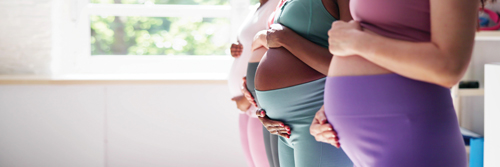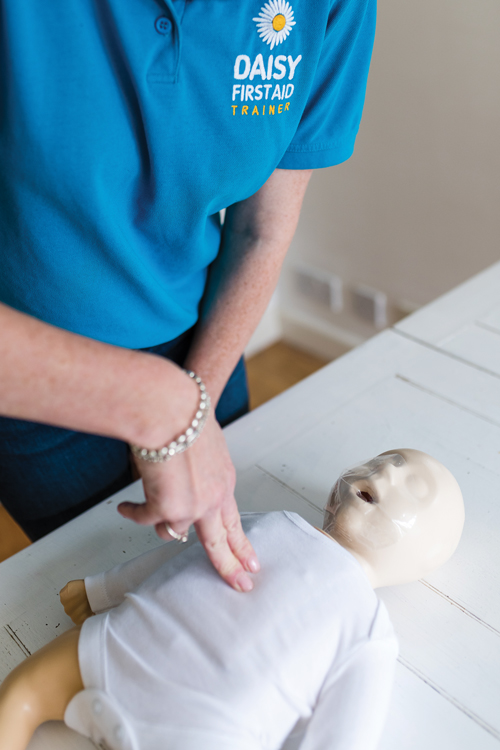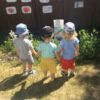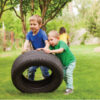
by Emma Robson, Paediatric Nurse
and CEO and Founder of Little Tinkers Baby and Child First Aid
Summer holidays bring about a multitude of activities and adventures, but they also come with increased risks of certain first aid emergencies. Statistics reveal a rise in incidents such as sunburns, water-related accidents and injuries from outdoor play during this time. This serves as a reminder of the heightened importance of being prepared to handle such emergencies.
Understanding the risks associated with summer activities enables parents and caregivers to take proactive measures to prevent accidents and injuries. Vigilant supervision, sun protection, hydration and water safety precautions are essential strategies to mitigate these risks. However, despite our best efforts to prevent accidents, it’s crucial to be prepared for the unexpected and it is important to know how to confidently respond.
First aid knowledge empowers parents and caregivers to respond swiftly and confidently in emergency situations. From administering CPR, to treating burns, cuts, choking and insect stings – knowing how to provide immediate care can make all the difference in ensuring positive outcomes for our children. In addition, it is important that both parents and other caregivers who may be helping out over the summer holidays understand common childhood illnesses, how to recognise symptoms early and when to seek medical attention.
As grandparents often play a significant role in caring for children during the summer holidays, it’s essential to ensure they are also up to date with first aid knowledge. Despite their love and experience, grandparents may not always be familiar with the latest first aid techniques and practices. Encouraging grandparents to refresh their first aid skills ensures that they’re equipped to handle any emergencies that may arise while caring for the little ones.
With other caregivers often stepping in to care for children during the school holidays, it’s vital to educate them on first aid practices as well. Whether it’s a babysitter, family friend, or older sibling, ensuring that all caregivers are knowledgeable in first aid can provide peace of mind for parents.
There are comprehensive courses, taught by registered medical professionals, that cover a wide range of topics, including CPR, choking, burns, allergies and common childhood illnesses. These courses equip parents, caregivers and grandparents with the confidence and skills needed to keep children safe and healthy during the summer holidays and beyond.
As we embark on summer adventures, let’s prioritise first aid education as a fundamental aspect of ensuring the safety and wellbeing of our children. By investing in knowledge, we can enjoy the season to the fullest, knowing that we are equipped to handle whatever challenges may arise.
Be sure to follow Little Tinkers Baby and Child First Aid on Instagram@littletinkers999 for top tips on child health and first aid information.
Top summer tips
Stay hydrated
Remind children to drink water regularly, especially during outdoor activities, to prevent dehydration and heat-related illnesses.
Practice sun safety
Apply sunscreen regularly, seek shade during peak sun hours, and wear protective clothing and hats to prevent sunburns and long-term skin damage. Babies under six months should be kept out of the sun.
Be water-wise
Supervise children around water at all times, ensure they wear proper flotation devices when swimming, and teach them water safety rules to prevent accidents.
Make sure you are up to date with baby and child first aid
Ensure that all caregivers involved in childcare over the holidays are trained in baby and child first aid to confidently handle any emergencies that may arise.













